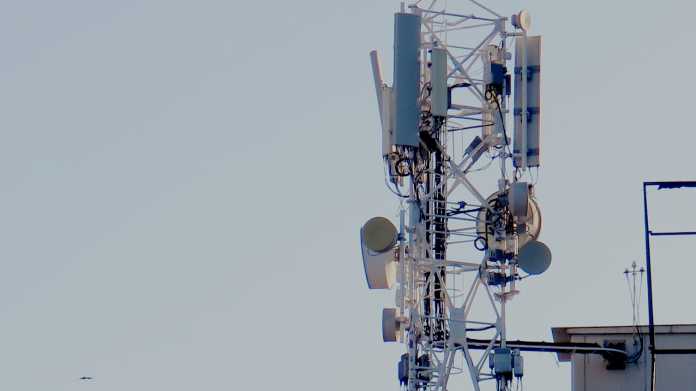The US government is urging a slight delay in the rollout of high-speed 5G internet for mobile phones because of possible risks to aviation. Transport Secretary Pete Buttigieg and the head of the FAA Aviation Administration, Steve Dickson, appealed to the network operators AT&T and Verizon to postpone the introduction planned for January 5th for a maximum of two weeks. In addition, the introduction of the frequency range known as C-band around important airports should be restricted until the end of March in order to have enough time at the airports for necessary tests and upgrades.
Check the effects first
Buttigieg and Dickson wrote on Friday in their letter (PDF file) to the managing directors of the two companies that “extensive and unacceptable interruptions” to air traffic were threatened without delay, especially in bad weather and poor visibility. They warned that these could lead to the diversion and cancellation of numerous flights and thus quickly affect all air traffic.
The FAA fears that 5G radio technology could interfere with certain aircraft electronics. In particular, the effects on aircraft radio altimeters would have to be checked, the FAA had declared shortly before Christmas (PDF file). The reason is that the radio frequencies that are to be used in the USA for 5G are quite close to those that are also used for aircraft altimeters. FCC experts and mobile phone companies do not see any serious impact on aviation from 5G. The telecommunications companies have acquired the rights to use the radio frequencies for many billions of US dollars and are relying on rapid commissioning.

FCC representative objects to concerns
The association of aviation companies Airlines of America had already submitted an emergency request to the FCC on Thursday and demanded that the 5G launch be postponed. The 5G mobile communications infrastructure should therefore not be expanded near airports until studies have shown that the radio does not affect the instruments on board aircraft.
Buttigieg and Dickson’s initiative promptly sparked a political argument. FCC member Brendan Carr, also a member of the Republican Party and until recently chief legal officer at the FCC, criticized the move to stop the 5G expansion. Carr himself is a staunch supporter of the new cellular technology and replied to Buttigieg in a letter whose request was highly unusual, because the FCC’s regulations would prevent 5G frequencies from affecting aircraft instruments. On Twitter, Carr also accused the Biden government of foolishly delaying the use of the C-band.
(tiw)
